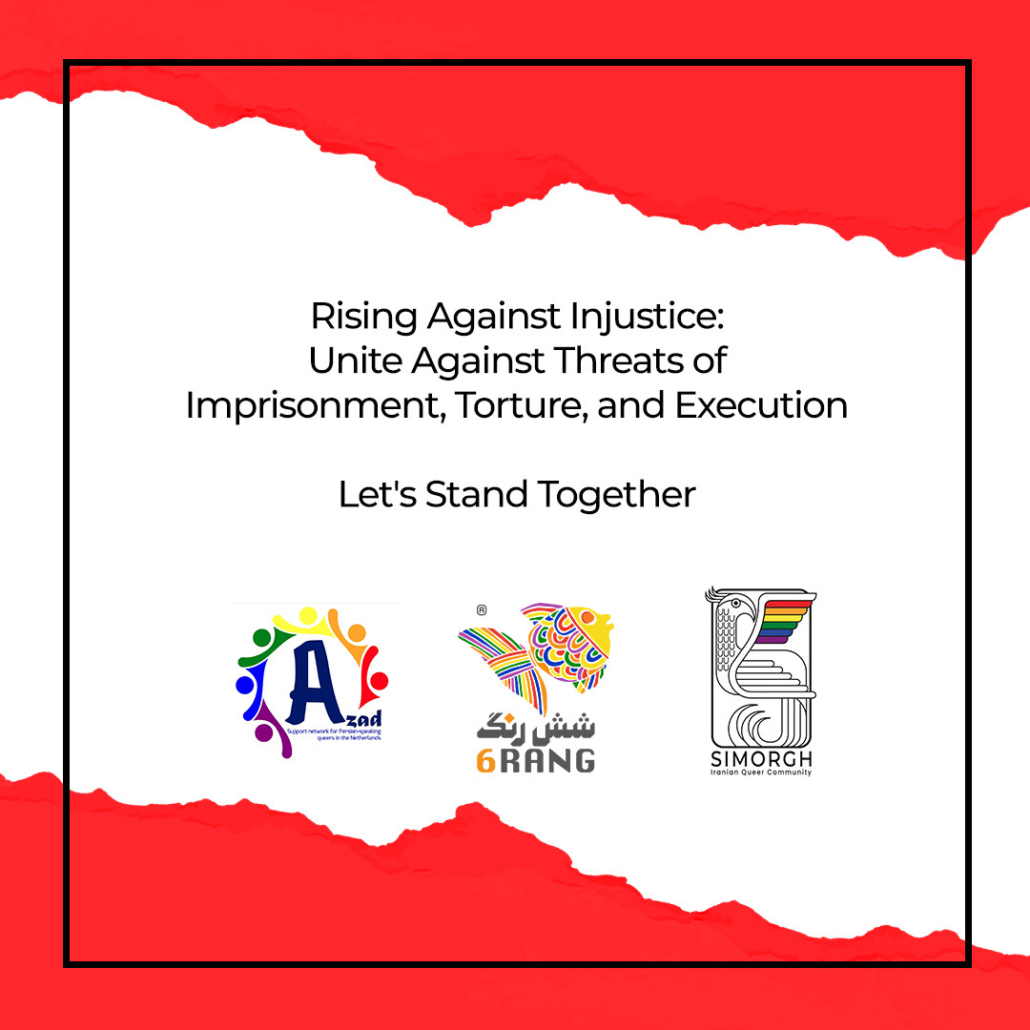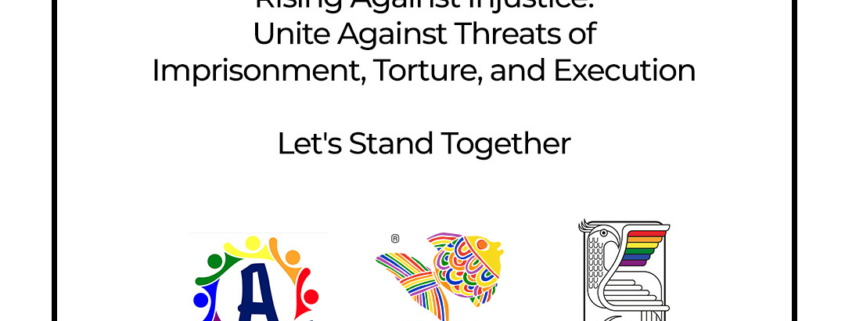“Rising Against Injustice: Unite Against Threats of Imprisonment, Torture, and Execution – Let’s Stand Together
In recent weeks, dozens of innocent lives fell victim to the ruling authorities’ noose in the prisons of the Islamic Republic. Breath after breath, individuals with their unique stories and familial ties became casualties of a system indifferent to their humanity.

The most recent victims, including Pejman Fatehi, Mohsen Mazloum, Mohammad Faramarzi, and Vafa Azarbar, represent a tragic pattern. Prior to them, the hangings of Farhad Salimi and Mohammad Gobadloo sparked international outcry, leading to 61 political prisoners, including women, initiating a hunger strike to protest these executions.
The execution of protesters and civil and political activists has been a primary tool of the Islamic Republic since it seized power. Simultaneously, the execution for extramarital or same-sex relationships has been a consistent policy over the years, attempting to control the most private aspects of people’s lives.
The Islamic Republic uses the threat of execution against detained individuals to coerce collaboration or silence. Many survivors of the Queer community have reported the atmosphere of intimidation and threats from such experiences.
The death sentence for Sareh Sedighi Hamedani on charges of “promoting homosexuality and collaborating with opposition media” was a clear example. The international pressure led to the annulment of her sentence, revealing how the criminalisation of homosexual relationships and the punishment from flogging to execution cast a dark shadow over the lives of these individuals, leaving lasting physical and psychological impacts.
Members of the Iranian LGBT+ community within the LGBT+ organisation have consistently raised their voices against the death penalty. We have spoken out globally through various channels, condemning the execution and its dangers for perpetuating a cycle of violence.
The execution of 57 individuals in just four weeks illustrates the Islamic Republic’s accelerating pace of its lethal machinery. Unfortunately, executing people for common crimes poses no financial burden to the government in Iran, as society has yet to universally recognise the need for abolishing the death penalty. However, recent years have seen increased awareness and protest against political executions.
Nevertheless, the number of executions of Baloch and Kurdish people, relative to their populations, remains among the highest for political executions in Iran. This puts the lives of protesters in Balochistan at serious risk amidst the silence of the international community.
Execution is a premeditated murder carried out systematically through bureaucratic channels, with the courts and public pronouncements creating an illusion of justice. Execution violates the fundamental human right to life, and many modern countries have long removed the death penalty from their legal systems.
We, the diverse Rainbow community in Iran, irrespective of sexual orientation and gender identity, have raised our voices against the death penalty. Alongside other anti-execution campaigns, we stand against state-sponsored massacres.
To all free Iranians worldwide, we urge you to participate in actions against executions in your localities. Simultaneously, we call upon all LGBT+ activists to robustly join the ranks of these struggles.


Leave a Reply
Want to join the discussion?Feel free to contribute!